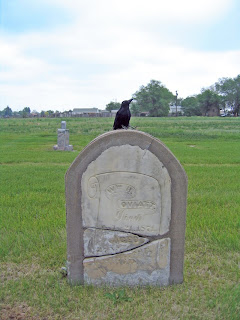- If a fisherman has a good heart, a dragonfly will show them where all the fish are.
- If a fisherman’s heart is filled with ill will, then the dragonfly will hover over empty waters.
- Dreaming about a dragonfly landing on you means you will hear exciting news from someone far away.
- Finding a dead dragonfly means there will be sad tidings in the future.
- In England, the wings of a blue dragonfly placed in a missal or a book of gospels is believed to bring good luck; however, it is also considered bad luck to kill such a dragonfly.
- Anyone who catches a dragonfly will marry in a year.
- The dragonfly was also thought to be the love goddess Freya's symbol.
Yet, despite their association with love, folklore also associates them with the supernatural and the Devil.
- A long time ago people in Sweden believed dragonflies were the twisting tools of hobgoblins. They were called hobgoblin files.
- In England, the dragonfly was given the name of “Devil’s Darning Needle” because of a folklore belief that a dragonfly would sew the mouths shut of lying children, scold women and curse men as they slept.
- Italians believed that Satan sent dragonflies up from hell to cause mischief in the world.
- In Germany, dragonflies were sometimes called Devil’s horse, Devil’s needle, snake killer, and water witch. They were also known as Devil’s horse in Spain and Devil’s needle in France.
- Another Swedish folklore says when a dragonfly flew around someone’s head it was weighing it for the Devil.
Now, the Encyclopedia Britannica states that in reality, dragonflies present no danger to humans. So we are sure you have nothing to worry about. No really, one flies around your head, we are sure that doesn’t mean anything.












